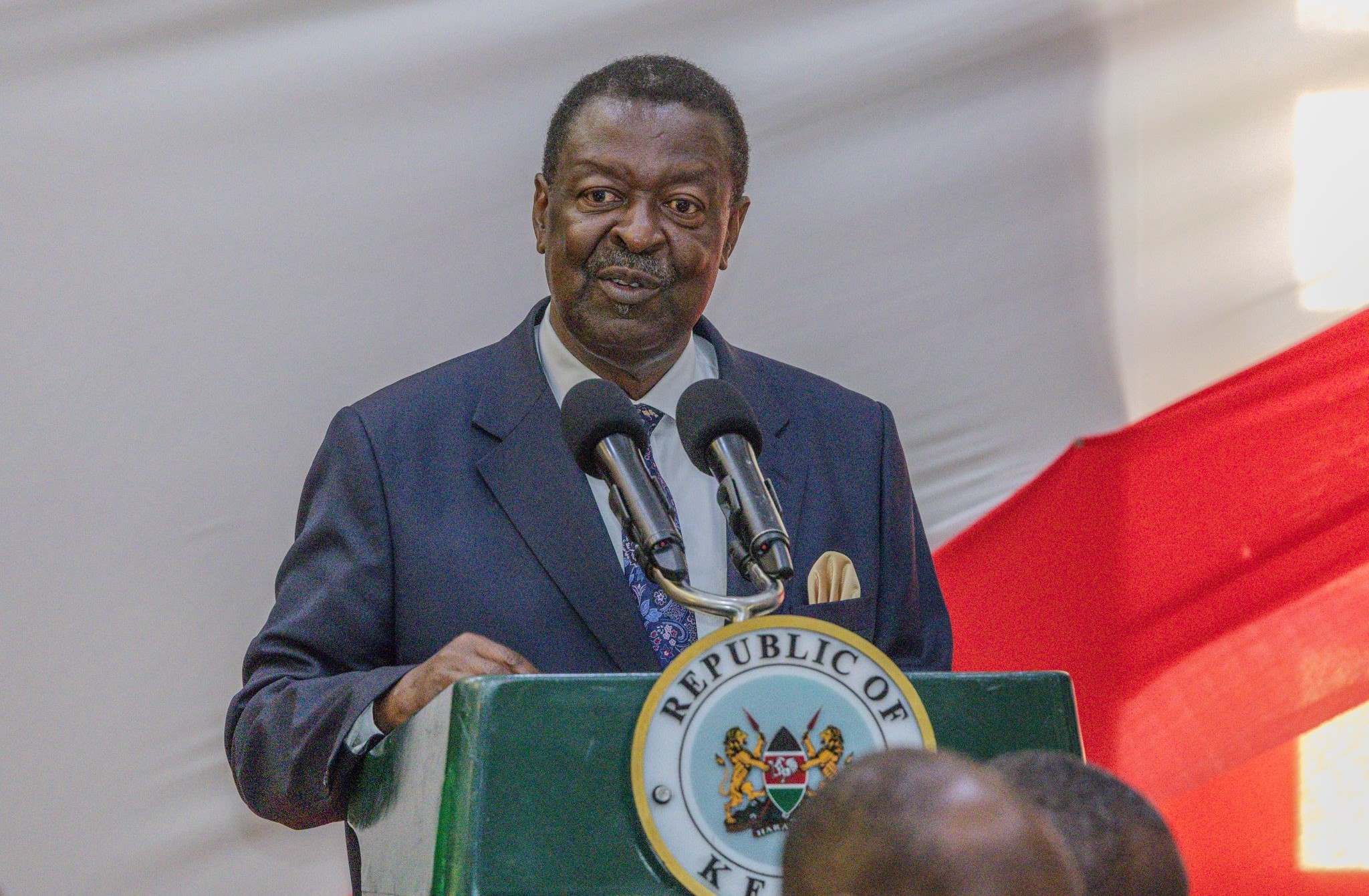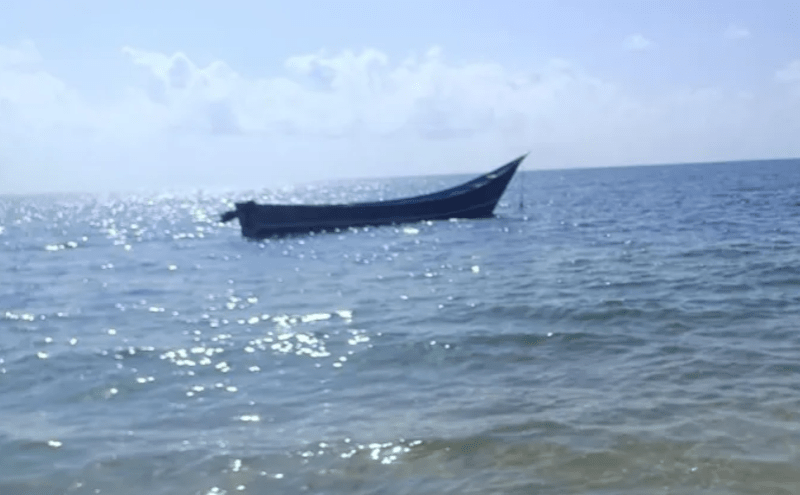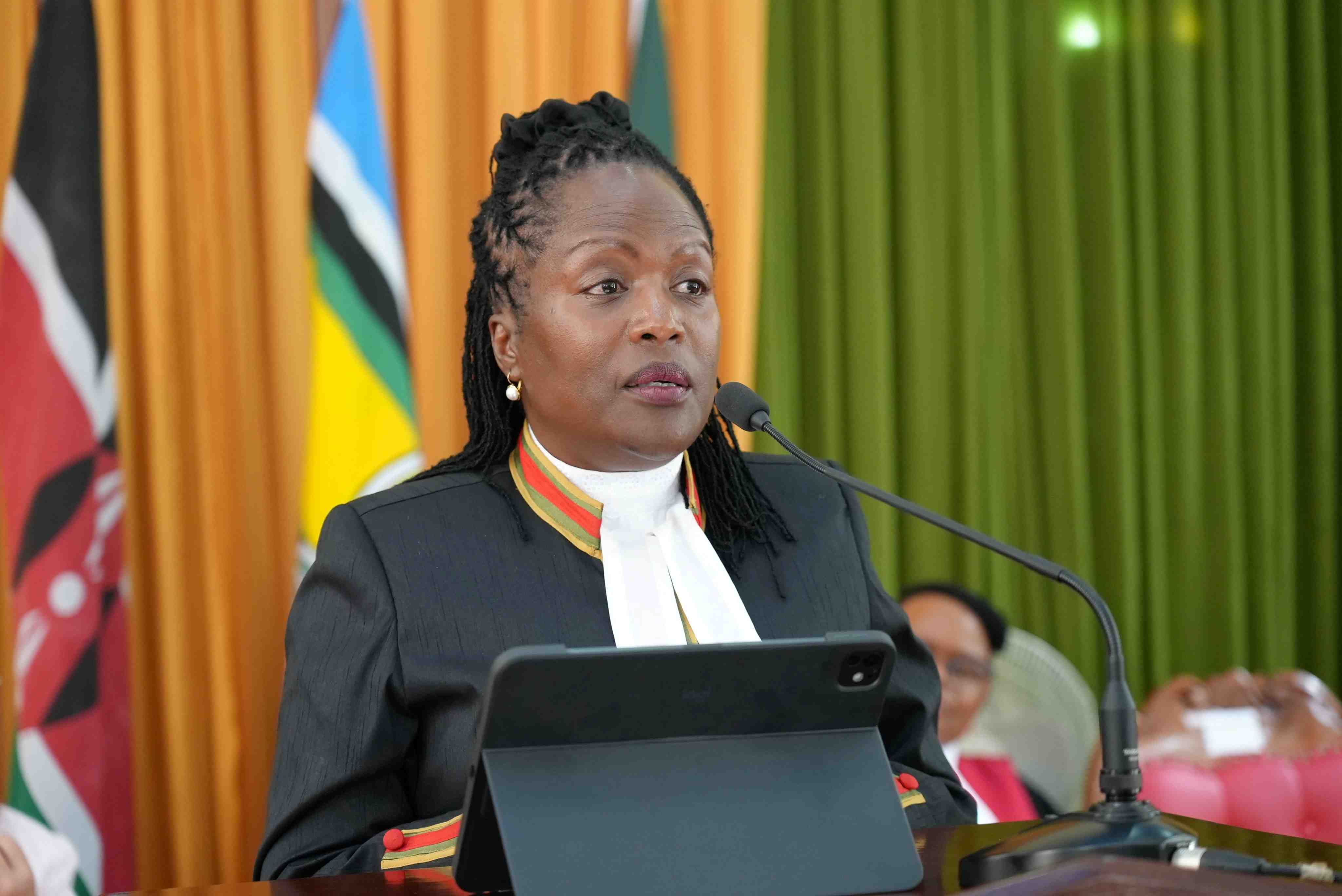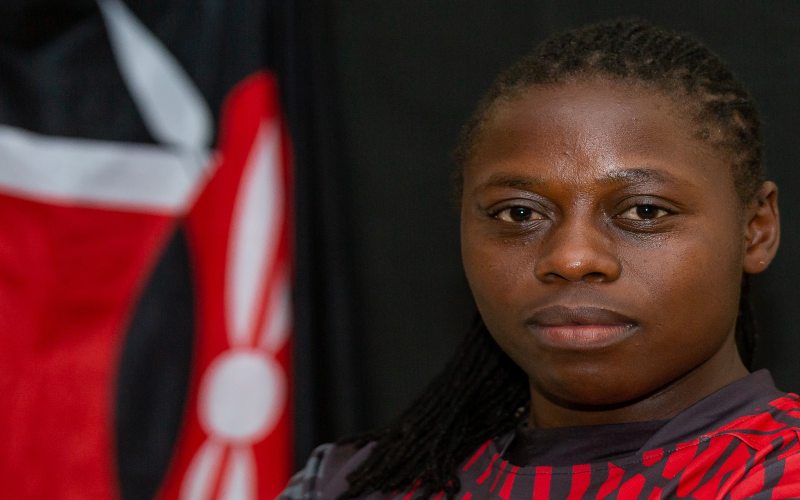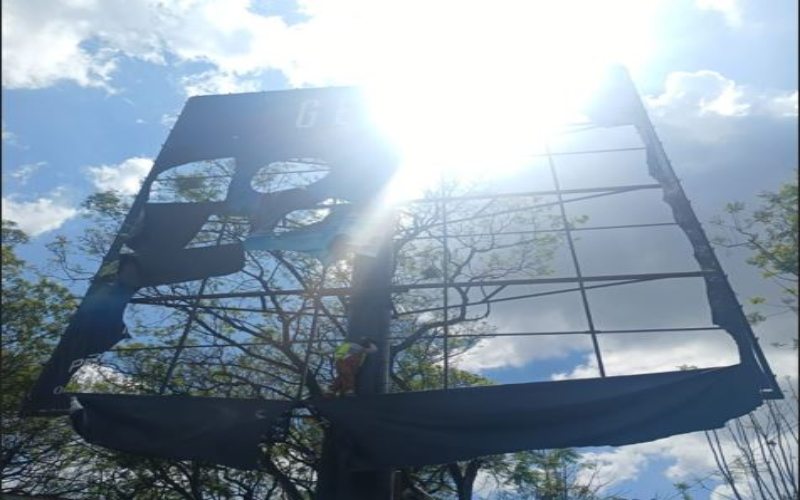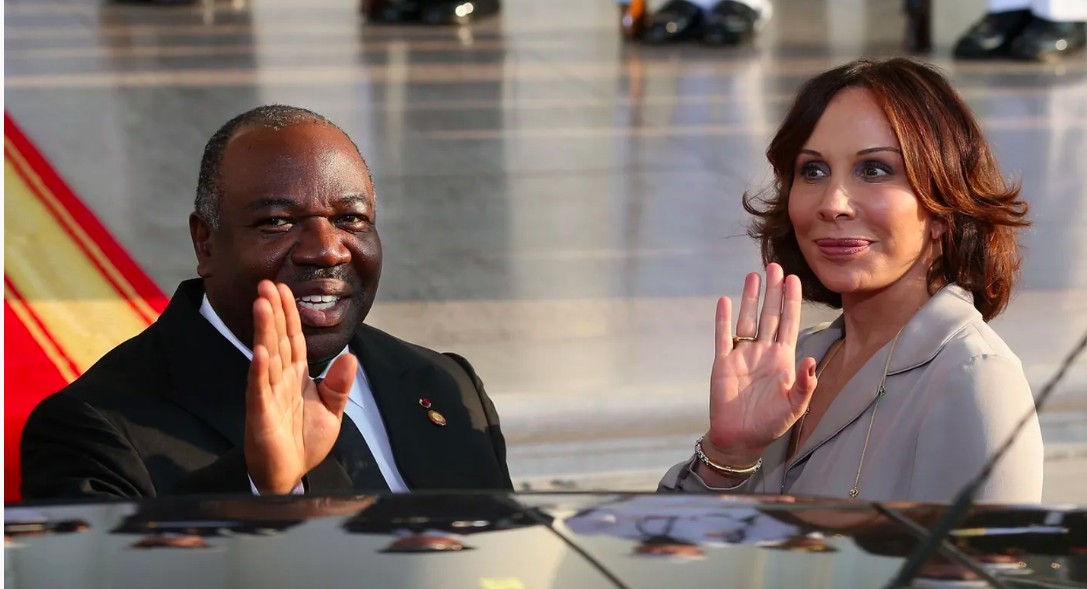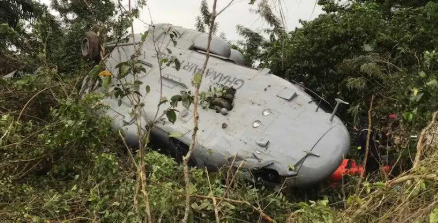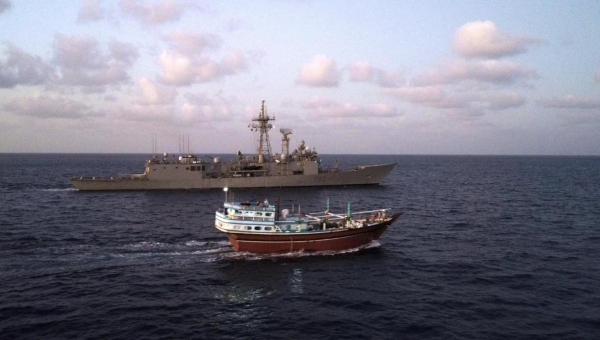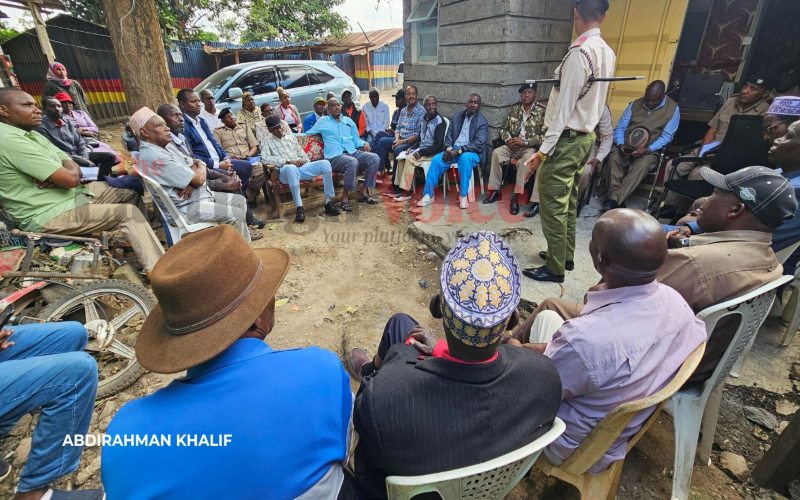Sudan war: Army retakes control of national TV, radio headquarters
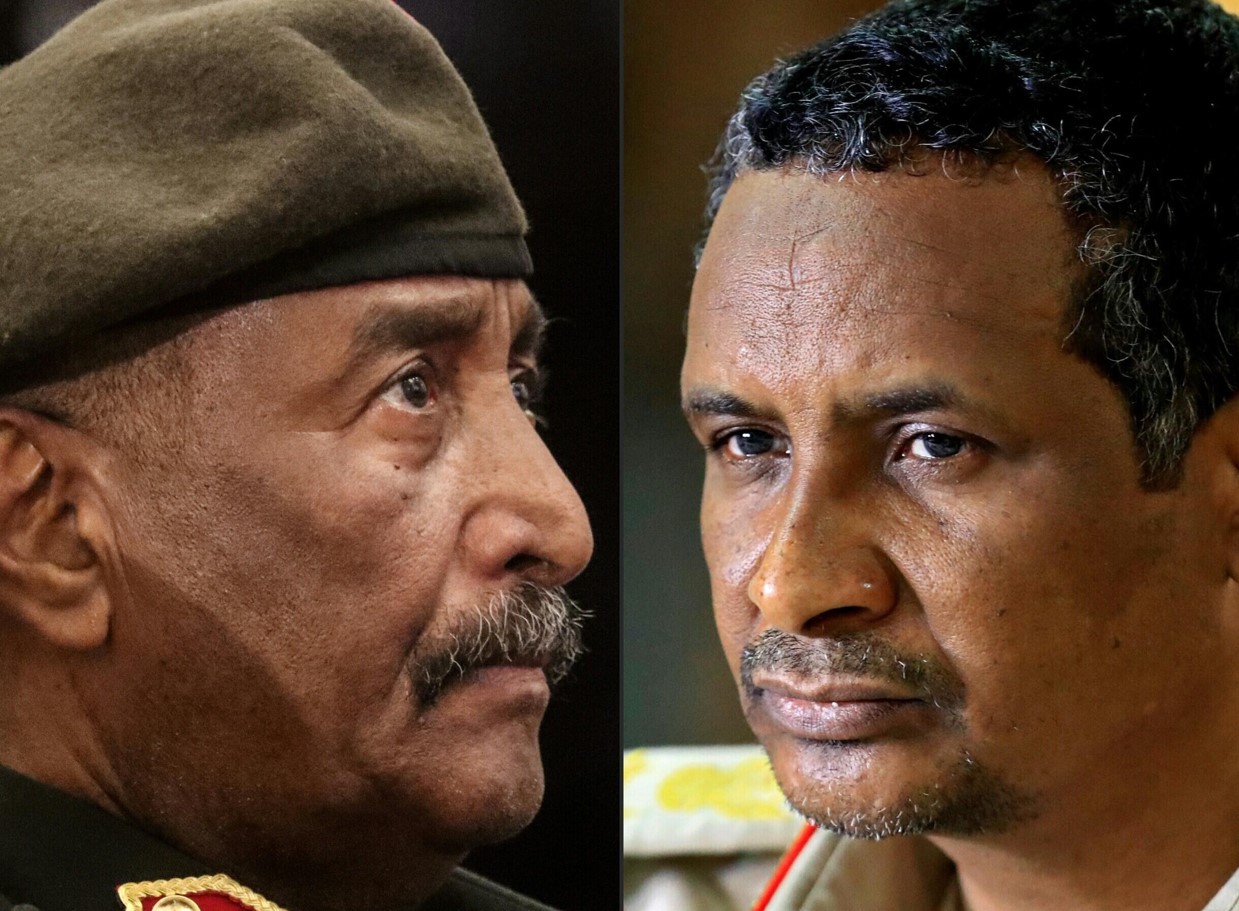
As Army General Abdel Fattah Al-Burhan leads military advancements on the battlefield, his deputy, Malik Agar, is countering the RSF's political and regional progress.
Sudan's military announced on Tuesday that it had regained control of the national radio and television headquarters that paramilitary Rapid Support Forces (RSF) took over almost a year ago.
The headquarters, in Omburdman across the Nile from Khartoum, form part of Sudan's broader capital.
More To Read
- Ignored warnings, deadly consequences: How UK failed Sudan's El Fasher civilians
- Sudan medics demand international investigation over El Fasher mass graves
- Sudan: One-sided truce prompts calls for humanitarian aid
- Sudan accuses foreign powers of arming RSF in what it calls systematic extermination in Darfur
- RSF claims responsibility for downing Sudanese military plane in West Kordofan
- Jeremy Corbyn urges UK to halt arms sales to UAE over Sudan atrocities
The RSF seized control of this vital national infrastructure in the first days of the war, the latest loss in a string of military advances by the army. It did not immediately respond to the military's announcement on Tuesday.
Hours after the military reported recapturing the headquarters, Army General Abdel Fattah Al-Burhan and his officials visited the installation. They framed the achievement as part of a larger effort to reclaim national landmarks previously controlled by the RSF.
As Abdel leads military advancements on the battlefield, his deputy, Malik Agar, is engaged in efforts to counter the political and regional progress of their rival, RSF leader Mohamed Hamdan Dagalo.
Iran drones
Military experts who have observed the fighting from the ground have suggested that combat drones recently acquired from Iran have helped tilt the balance against the RSF, which controls most of the country.
Iran supplied Sudan's army with the Mohajer-6 attack drones, which have sophisticated air-to-ground attack capabilities.
The drones, seen in Iraq and Ukraine and widely used on the Sudanese battlefield, are capable of reconnaissance, surveillance, and target acquisition, as well as air-to-ground strikes.
This Iranian drone's maximum speed of 200 km/h (124 mph) and an impressive endurance of 12 hours, which allows it to cover vast areas, are its distinguishing attributes.
According to the Army Recognition Group, an online marketing and communication company dedicated exclusively to the defence and security industry, this drone can operate at high altitudes, with a flight ceiling of 4,900–5,500 metres (16,000–18,000 feet).
Its design includes a forward-looking camera for continuous surveillance, independent of the camera located under the drone, thus increasing its versatility and intelligence capabilities.
Tehran's interest in renewing its relations with Sudan, illustrated by the recent diplomatic warming and the Tehran tour by acting Sudanese Foreign Minister Ali Sadeq, is based on strategic motivations.
Military drones in Africa
Drones are reshaping the way militaries from Kenya, South Africa, and even Morocco protect their citizens, monitor their coastlines, combat wildlife poaching, and more.
Kenya has deployed drones to monitor Al-Shabaab insurgents in neighbouring Somalia, and over the past five years, more than 20 African countries, particularly in North Africa but also in the Horn of Africa, have equipped themselves with combat drones.
Egypt has 42 armed unmanned aerial vehicles (UAVs), the largest fleet on the continent, according to data from the Stockholm International Peace Research Institute (SIPRI).
Once predominantly used in anti-terrorist operations spearheaded by Western militaries, UAVs are now increasingly common in arsenals across the African continent.
Although their deployment is still modest compared to theatres of conflict in Ukraine or the Middle East, it is expanding and reshaping the conduct of warfare in Africa.
The latest to adopt the use of drones is the Democratic Republic of Congo (DRC), which in May last year acquired three Chinese CH-4 UAVs and a ground station to combat the rebel group M23 that is wreaking havoc in eastern Congo.
In 2022, Ethiopia was on the brink of collapse in the face of the Tigray People's Liberation Front's assault, but Prime Minister Abiy Ahmed staged a remarkable comeback with the aid of drones supplied by Turkey.
The success of Turkish Bayraktar TB2 drones in Ethiopia raised the profile for other African countries to acquire them.
Renewed hostilities between Armenia and Azerbaijan in Nagorno-Karabakh in 2020 put Turkish combat drones on the map as an extremely capable armed UAV.
The type was instrumental in Azerbaijan's military successes, acting as an effective strike platform against Armenian ground forces.
Nigeria has deployed drones for surveillance and reconnaissance operations against the Boko Haram terror group in the northeast.
Reports indicate Nigeria has acquired several drones from China, Israel, and the United States.
Countries are less transparent about their drone use when it comes to their militaries.
Top Stories Today


